Did you know that your IP address is like your house address on the internet? It’s true! And just like with your physical house, it’s important to protect your IP address from hackers. If someone knows your IP address, they can track all of your internet traffic and even steal your personal information. This blog post will discuss how to protect your IP address from hackers and keep yourself safe online.
Cybercriminals take advantage of your IP address because you are responsible for all the activities conducted via it. IP addresses are constantly changing as a result of natural causes, so hackers acquire and use them to perpetrate unlawful and unethical activities like hacking into someone’s account or downloading restricted material.
A hacker can use your IP address to access any website you want him to, and he might also infect your computer with malware.
For a variety of purposes, cybercriminals are concerned with intruding into your IP address. IP addresses that have been hacked and stolen are frequently used for unlawful activity. Piracy is a huge problem, and many gamers use VPNs to pirate content on their own computers.
Hacking your identity in order to assault your connection with malware or track your movements for future illegal activities is a possible goal. Read our guide on how to find your IP address for more information regarding IP addresses.
Below are the 7 ways to protect your online privacy.
Use a Virtual Private Network
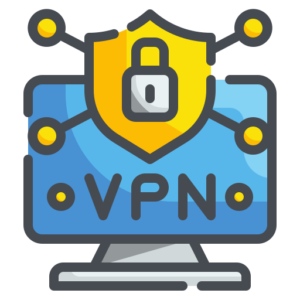
The most secure means of connecting to the internet is through a VPN (or Virtual Private Network). It masks your real identity and location, allowing you to access the internet from a remote server. There is no method for the hacker to get your IP address if you hide your identity.
It encrypts your entire online life and shuts all doorways for snoopers and cybercriminals, thanks to its 256-bit encryption. VPN secures your complete online security, whether you connect to the internet using a secure private connection or use public Wi-Fi. The major disadvantage is that many free VPNs are not as safe as we think.
VPNs are not only more secure and private, but they’re also more valuable than you may believe. However, with the level of security and freedom you enjoy with a VPN, it’s well worth your money.
Strong Passwords
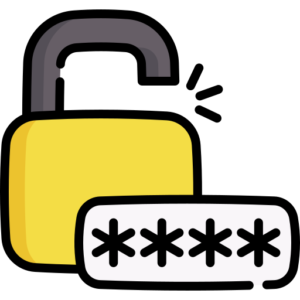
The majority of persons are unconcerned with the default password for their internet-connected device and assume it to be safe. In actuality, the most basic passwords are the simplest to crack and are more prone to theft than those that have been customized. Every now and then, it’s a good idea to change your device password.
It is also critical to use a strong and unique password, rather than using family members’ names or significant events. A complex password is one that contains a combination of alphabets, numbers, and uppercase and lowercase letters, making it the most difficult to break.
Use Dynamic IP addresses
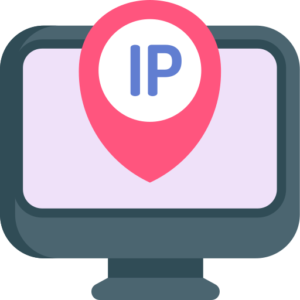
Static IP addresses are frequently utilized by gamers and website owners instead of dynamic ones. The IP address of a dynamic internet connection is constantly changing, making it an extremely difficult target for hackers. A static IP address, on the other hand, remains unchanged for days, giving hackers ample time to decode them. As a result, it’s preferable to choose a dynamic IP address to minimize the risk of hacking.
Update your privacy settings

The majority of the applications installed on your device are the primary source of your IP address theft. Text messages and phone calls are especially vulnerable to cybercriminals because they may show the connection information of both you and your victim. It’s better to keep your privacy settings private for all of your applications and avoid receiving calls from unknown identifiers. This will form a protective barrier that hackers won’t be able to breach.
Protect your router
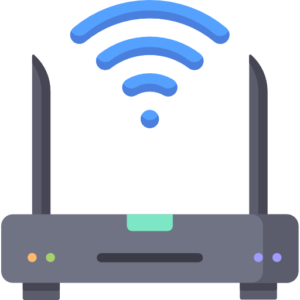
To use your router, you must first secure it in the same way that your device demands protection. It’s critical to have a firewall and antivirus program installed on all of your routers and maintained up to date. Not only does antivirus software secure your IP address from theft, but it also alerts you to any phishing and monitoring activities on your device. You may also use a VPN to access geo-restricted services or websites in other countries. This way, you’ll be kept up to date on anything suspicious that happens on your connection.
Update your antivirus software
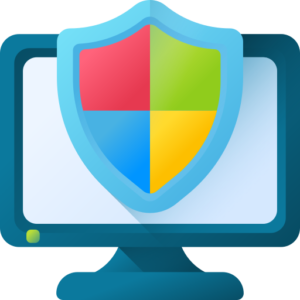
To avoid your IP address being stolen and other types of harmful activity, you should keep your antivirus/antimalware software up to date on a regular basis.
If you use your computer for work and receive a large number of emails, experts recommend doing this task every day.
Viruses develop at such a rapid rate that it is almost better than having no antivirus software at all if you don’t keep your software up to date.
Restrict All Your Apps
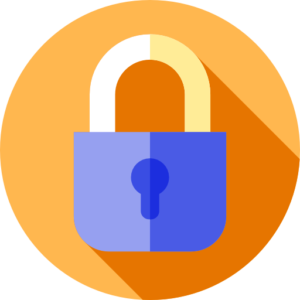
One of the most common methods for IP address hacking is to install an app on your phone. Cybercriminals employ a variety of communication applications, including instant messengers and other phone systems.
It is recommended to keep only the essential calling applications on your phone and to change the privacy setting from Public to Private. Simply put, you will not be able to edit their details on your list if they are on the list.
Also, if you don’t recognize the number that’s calling you, ignore it. As soon as you connect with someone on a call, he or she may access your device and location data. Even if ISP-provided information is not requested, it might be possible to delete a customer’s IP address.
Avoid phishing emails
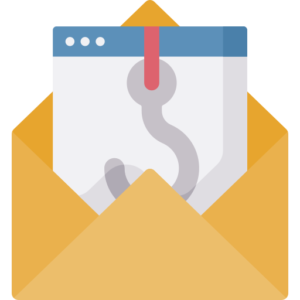
Phishing emails are used to install malware and tracking software on your smartphone. When you connect to a website, it gives the site access to your IP address and device location, making it susceptible to hacking. That is why, when opening any anonymous emails or clicking on links from suspicious locations, you must be more cautious. It’s also vital to be cautious of emails or download links, even if they appear to come from reputable sources and authorized businesses.
Frequently asked questions
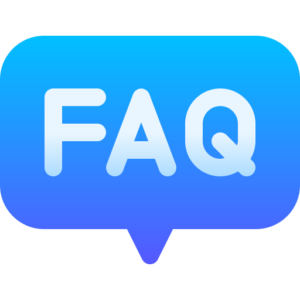
Can someone hack me if they know my IP address?
What can someone do if they know your IP address?
Can someone spy on me with my IP address?
How do I know if my IP address is being monitored?
Should you give your IP address out?
Conclusion
In our detailed guide on how to protect your IP address from hackers, we have mentioned some best practices that can protect your IP address from hackers and keep you safe online. Protecting personal data is very important these days as day after day more and more people are getting hacked.
